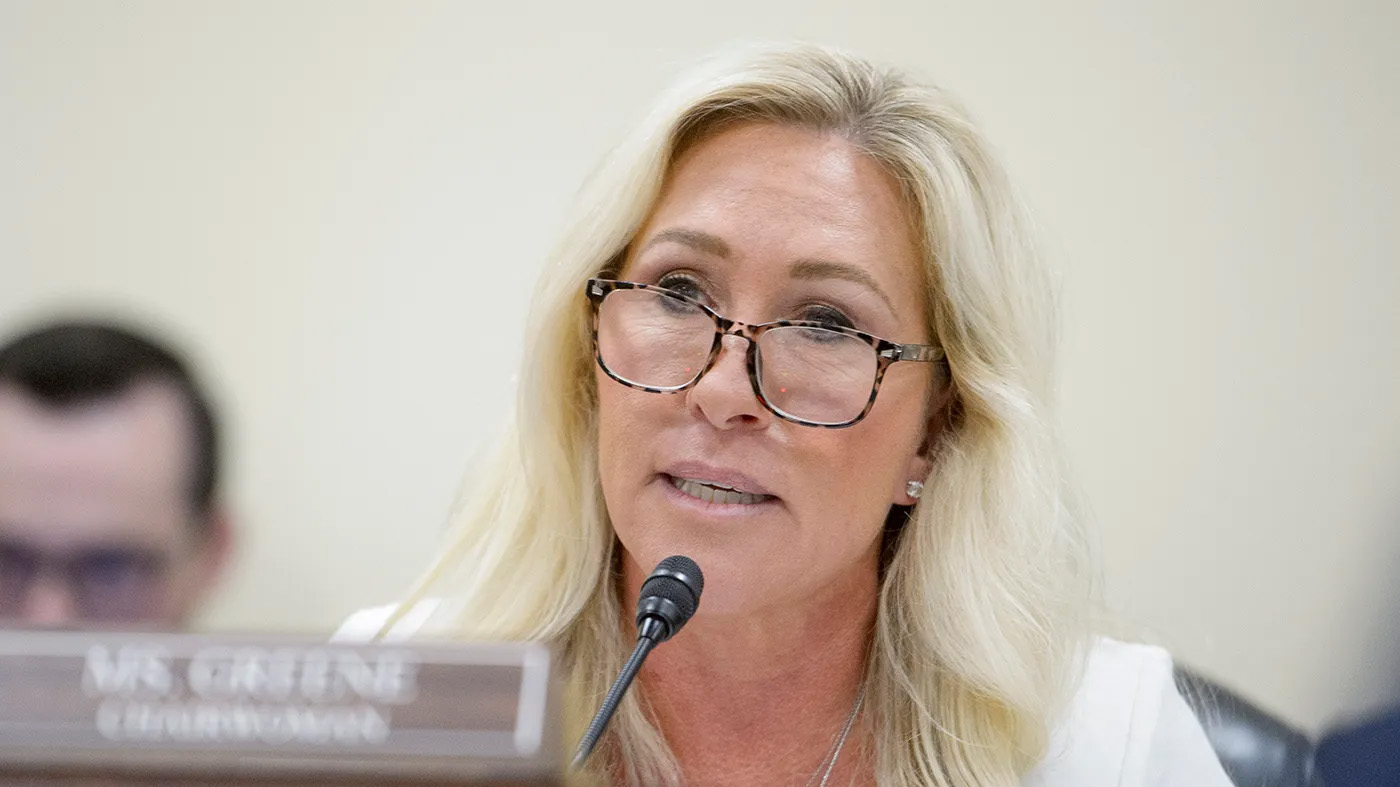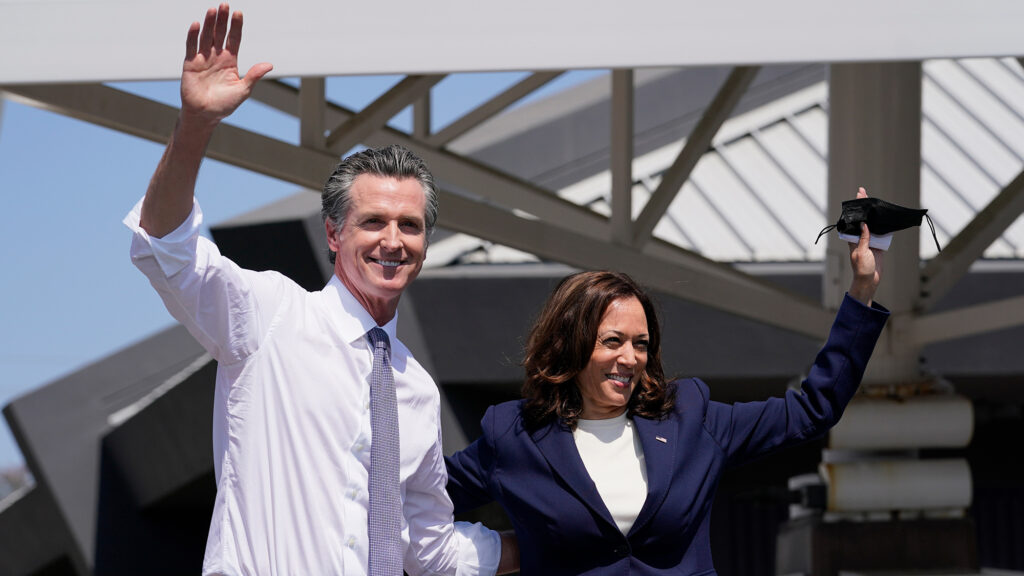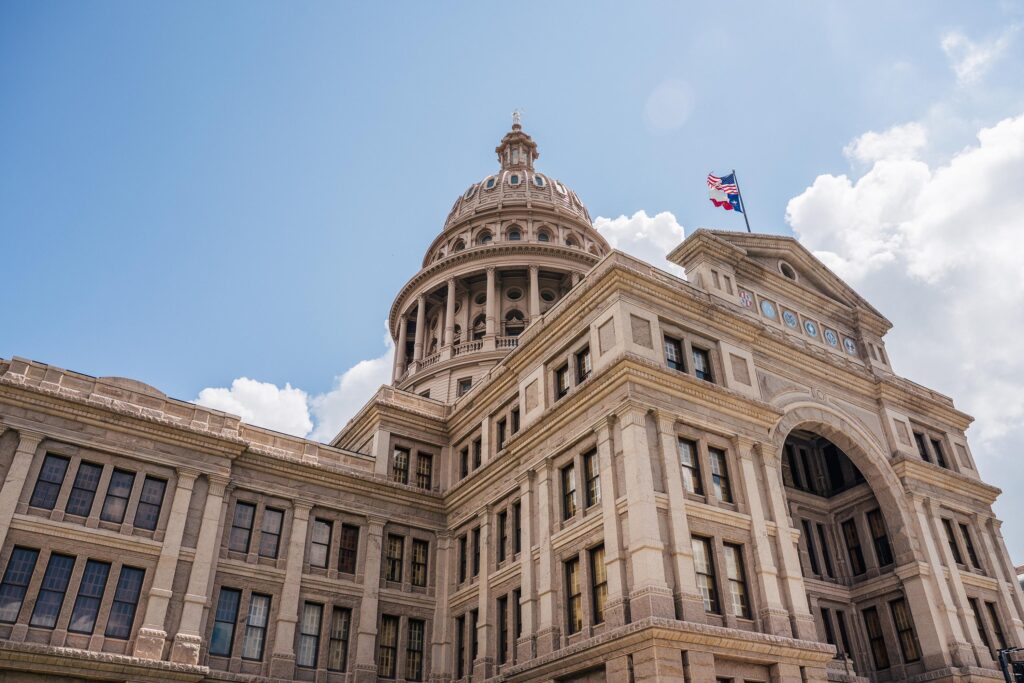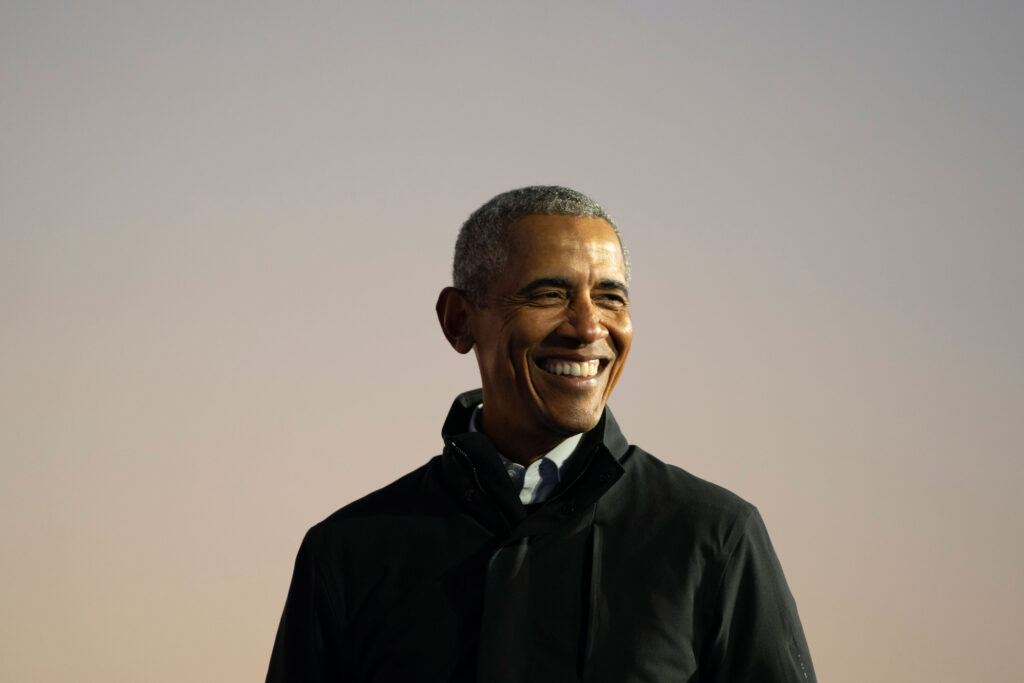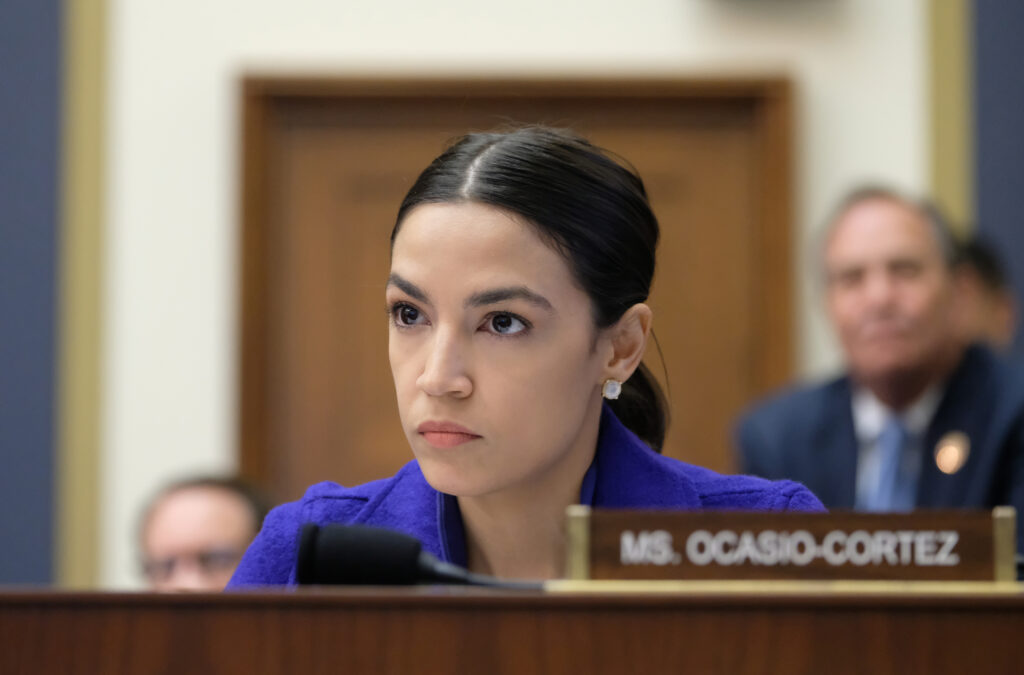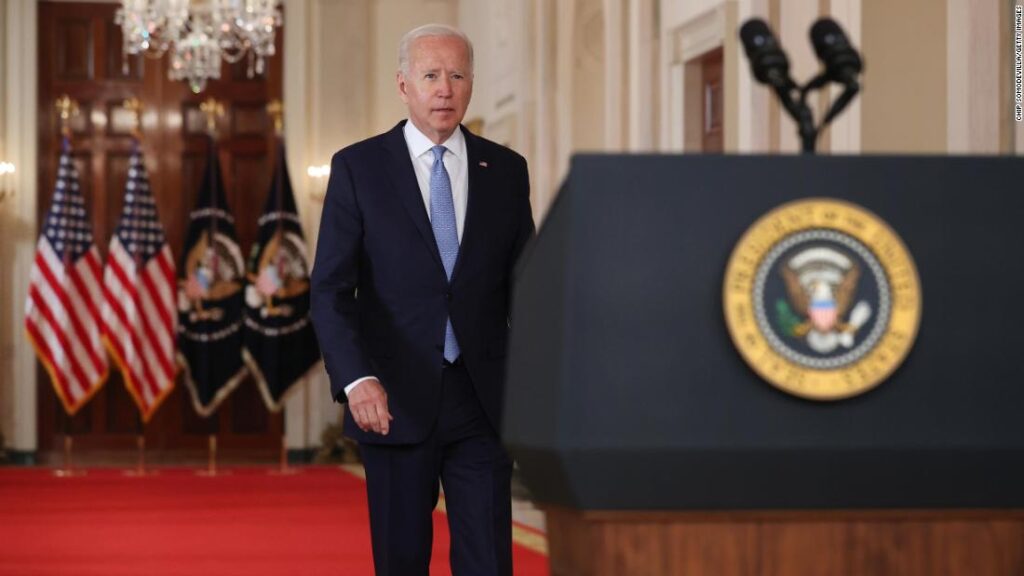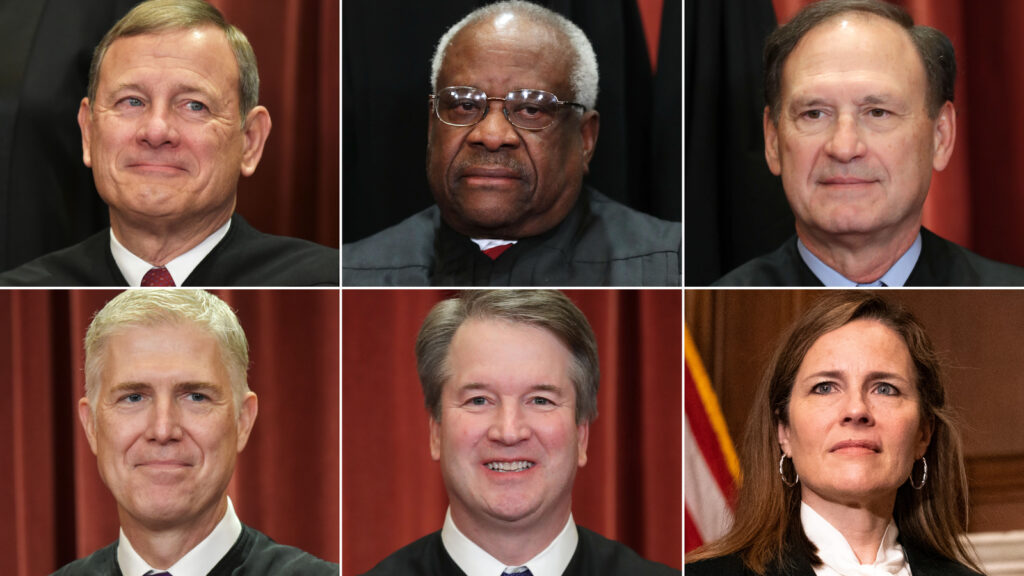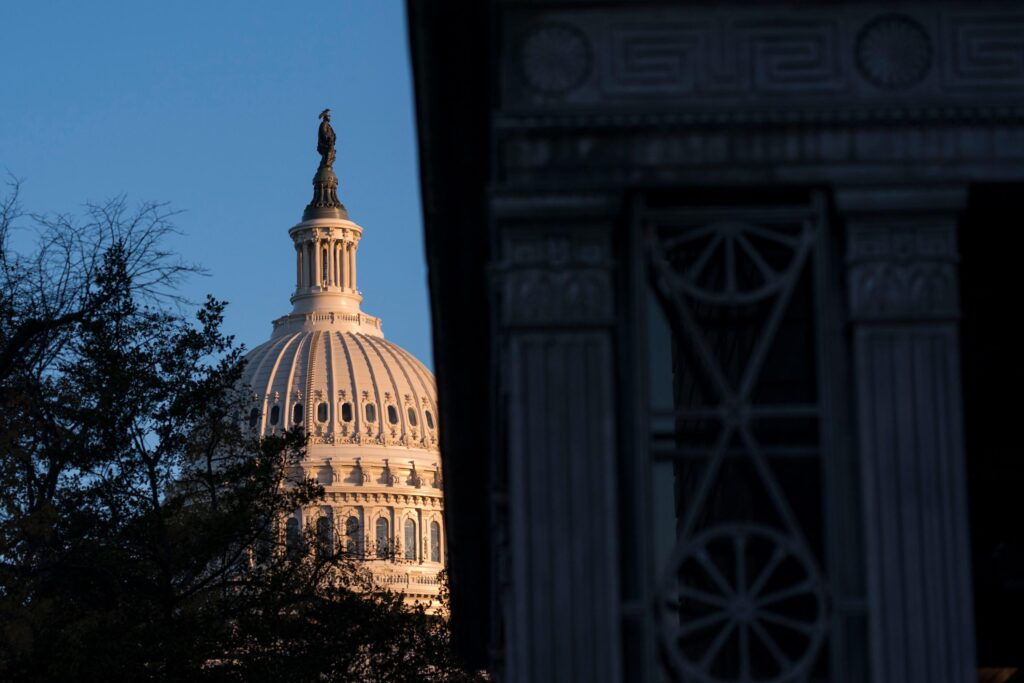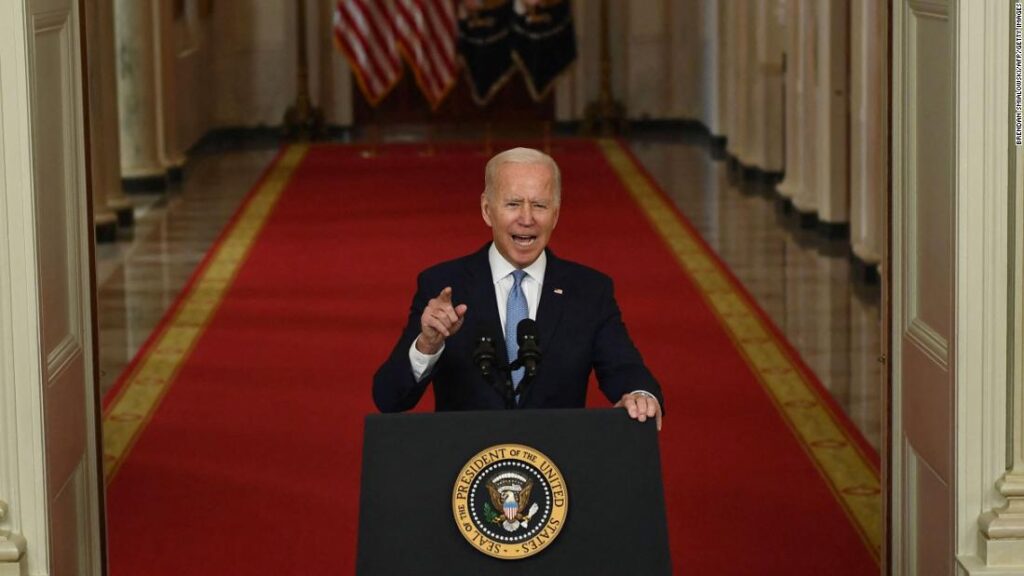Harris rallies with Newsom to send a message to female voters in final days of California recall campaign
By Maeve Reston, California Gov. Gavin Newsom has been doing everything he can to persuade women to vote “no” on the Republican effort to oust him in Tuesday’s recall election, and in Vice President Kamala Harris on Wednesday he got his most high-profile surrogate to date to help deliver that message. The former California senator, who remains enormously popular among Democratic women and progressive voters of color, argued that the national consequences of this election could be huge if Newsom is replaced by a Republican. “You have to understand that this recall campaign is about California, and it’s about a whole lot more,” Harris
The new Texas voting law includes these 7 major changes
By Eric Bradner, Texas Gov. Greg Abbott signed into law Tuesday a bill that imposes a raft of new restrictions on voting in one of the nation’s fastest-growing and diversifying states. Abbott signed Senate Bill 1 after the Republican-led Legislature approved it during the second special session that the second-term GOP governor had called this year. Democrats had blocked previous versions of the measure by fleeing the state for weeks, preventing the House from having the quorum necessary to do business. Marc Elias, a leading Democratic elections lawyer, said that Texas will be sued over its new law as soon as Abbott signs it. Here’s a look
Obama says California recall vote is difference ‘between protecting our kids and putting them at risk’ in new TV ad
By Dan Merica, Former President Barack Obama urges Californians to reject the recall effort targeting Democratic Gov. Gavin Newsom in a television ad released on Wednesday, telling voters that the outcome of Tuesday’s recall election could be the difference “between protecting our kids and putting them at risk.” The ad is the latest example of high-profile national Democrats, from Massachusetts Sen. Elizabeth Warren to Vice President Kamala Harris, coming to Newsom’s defense. President Joe Biden is expected to travel to California early next week to campaign for the governor. “You’ve got a big choice to make by September 14. Governor Newsom has spent the past year and
Environmental groups ask Congress to fund billions of dollars in climate measures in reconciliation
By Ella Nilsen, As Democratic lawmakers begin crafting a massive $3.5 trillion budget reconciliation package this week, a coalition of prominent environmental groups is asking them to include between $577 billion and $746 billion for key climate provisions. In a letter delivered to members of Congress on Tuesday and shared exclusively with CNN, groups including the League of Conservation Voters, Climate Power, the Natural Resources Defense Council, the Center for American Progress and the Sierra Club laid out what they called a “climate test” of programs they want lawmakers to support, including a Clean Electricity Payment Program, tax credits for clean energy and
Alexandria Ocasio-Cortez slams Texas GOP governor’s ‘deep ignorance’ on abortion
By Paul LeBlanc, Rep. Alexandria Ocasio-Cortez on Tuesday slammed Texas Republican Gov. Greg Abbott’s “deep ignorance” on abortion after he defended the state’s new six-week abortion ban earlier in the day. “He speaks from such a place of deep ignorance … and it’s not just ignorance, it’s ignorance that’s hurting people across this country,” the New York Democrat told CNN’s Anderson Cooper on “AC360.” Her comments came in response to Abbott’s pointed defense of the controversial Texas law that bars abortions as early as six weeks into pregnancy, which is one of the strictest in the nation and prohibits abortion before many people
The coming weeks will define Biden’s presidency and shape the midterm elections
Analysis by Stephen Collinson, President Joe Biden must define the politics of this fall before they define him, as he seeks to re-establish the authority of an administration that often appeared overtaken by a relentless summer of challenges. The weeks following Labor Day will reveal answers that will set the stage for next year’s congressional elections. They will also help decide whether Biden has the potential for a historically significant presidency or gets swamped by the crises he was elected to conquer. A crush of challenges and political battles are dominated by a pandemic Biden hoped would now be history. But the crisis
What the Supreme Court’s order means for the future of Roe v. Wade
By Ariane de Vogue In a midnight order, a 5-4 Supreme Court green-lit Texas’ six-week abortion ban despite the fact that it violates Roe v. Wade, the landmark opinion — still on the books — that legalized abortion nationwide prior to viability, which can occur at around 24 weeks of pregnancy. The court’s majority said that the abortion providers behind the challenge had raised “serious constitutional questions” about the law, but that they hadn’t shown they’d be irreparably injured if it were allowed to go into effect for now. The majority’s opinion, over a spare page and a half, revealed the fragility of
Democrats break ranks to back $24 billion boost to Pentagon budget
By Jeremy Herb, Daniella Diaz, Melanie Zanona and Sarah Fortinsky, More than a dozen Democrats on the House Armed Services Committee joined with Republicans to easily approve a measure boosting the Pentagon’s budget by $24 billion as part of a debate for a sweeping defense bill that authorizes spending levels and outlines priorities for the US military. The amendment from Rep. Mike Rogers of Alabama, the panel’s top Republican, was added to the House’s National Defense Authorization Act during the committee’s debate Wednesday in a 42-17 vote with 14 Democrats voting in favor. The provision would increase the military budget by 3%,
Biden turns to nation building at home, but the political threats he left behind in Afghanistan could come back to haunt him
By Stephen Collinson, President Joe Biden may have ended the “forever war” but the dangerous loose ends he left behind in Afghanistan could still thwart his attempt to throw everything at his top priority domestic goals. In a quintessential example of an approach that might be termed “Americans First,” Biden will pivot from the country’s longest war to rebuilding a nation under siege at home from a new Covid-19 assault and severe weather, as more than a million people wilt without power after Hurricane Ida. The President is also eager to get on with selling a multitrillion-dollar infrastructure and social spending proposal that would
How race permeates the politics of gun control
Analysis by Brandon Tensley When Americans talk about guns, what’s arguably most interesting isn’t what we say about the devices themselves. It’s what we betray about whose voices — and lives — matter when it comes to our country’s virulent gun culture. Recall the killing of Philando Castile, a 32-year-old Black man. In July 2016, two police officers pulled him over in a Saint Paul, Minnesota, suburb. When Castile, buckled into his seat, reached for his ID, he informed one of the officers, Jeronimo Yanez, that he had a gun — one that he was legally permitted to carry. Presumably

